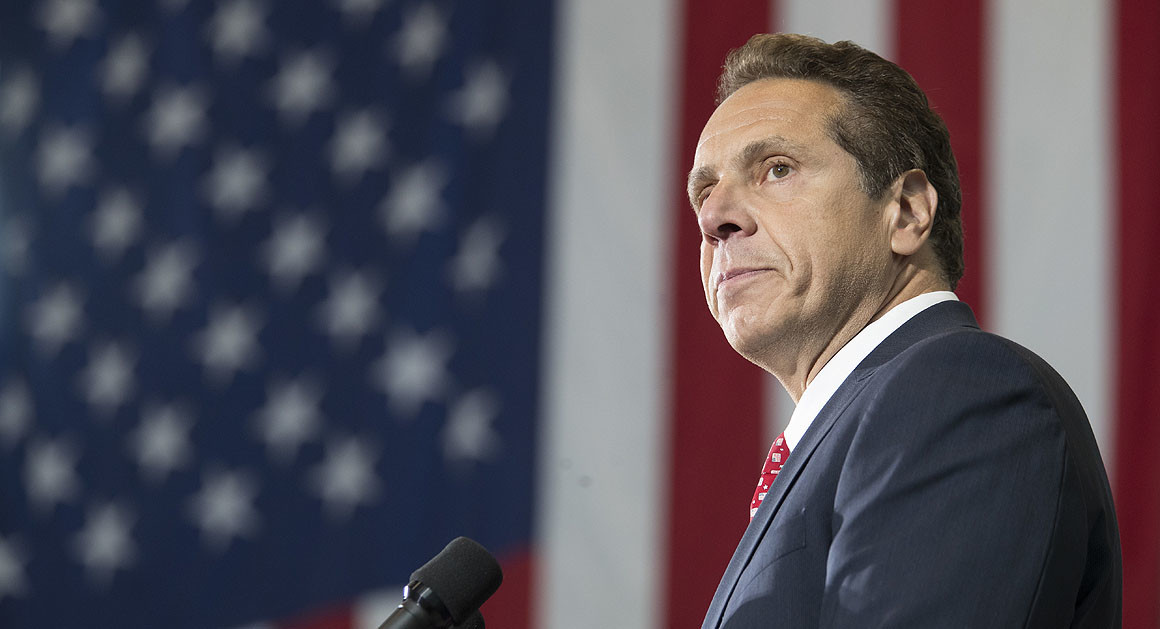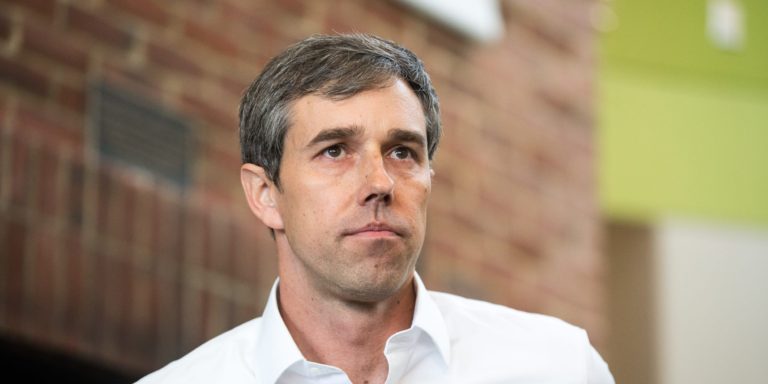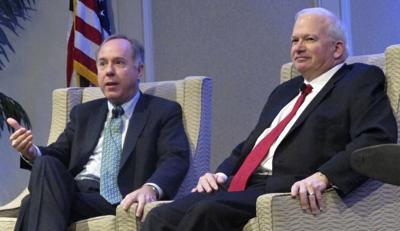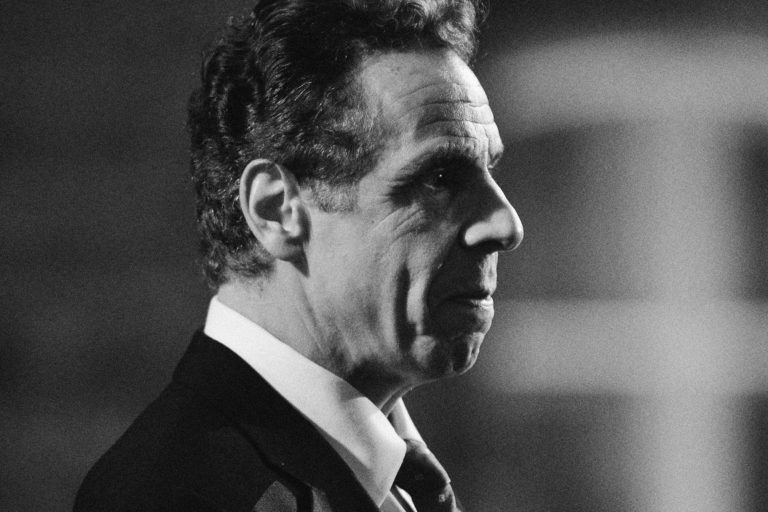
Since 2011, a coalition of Republicans and breakaway conservative Democrats in the New York State Senate has stymied much of Gov. Andrew Cuomo’s (pictured in cover photo) left-leaning legislative agenda. Now, Gov. Cuomo has near-complete control over the legislative agenda, since the Democrats, having seized the State Senate in last Tuesday’s midterm elections, now run the entire state government. An important question we should ask, then, is: What will happen to New York State now that it is under one-party rule?
The legislative agenda is not entirely set in stone at the time of this article’s publishing. However, there has been some chatter among state politicians regarding what could be pursued during the next four years. Some of these ideas seem more likely to happen than others.
What is most undisputed to happen—in fact, it’s a guarantee—is the hiking up of taxes. I mean, was it not Benjamin Franklin who quipped: “In this world, nothing is certain except death and taxes”?
New York already has the highest taxes of any state in the country. Now that Republicans can’t prevent tax hikes from the State Senate floor, Gov. Cuomo will certainly have an easier time raising them. Raising taxes is already being talked about, with there being calls for taxing millionaires to fund new M.T.A. initiatives (more on the M.T.A. later)—particularly from N.Y.C. Mayor Bill de Blasio—as well as for potentially taxing recreational marijuana and implementing congestion pricing. Although congestion pricing may face opposition from suburban Democrats, especially in Long Island, it appears that congestion pricing may be implemented to some degree.
There are many issues across the state, and it’s not a longshot to assume that the Democrats in Albany will want to dedicate more of the budget to taxpayer-funded programs and other initiatives. However, the program that will receive the most attention (and money) will undoubtedly be the M.T.A.
Ever since the 1990s, the subway’s condition has been deteriorating—and the Great Recession and Superstorm Sandy only made it worse. Delays, cancellations, and overcrowding have become commonplace in the world’s largest metro system, creating a desire for improvement. This desire for improvement has led to a very public feud between Mayor de Blasio and Gov. Cuomo over funding the M.T.A. and its new upgrades, as well as over a boatload of other issues.
With Albany now fully in the hands of the Democrats, this may give Gov. Cuomo the upper hand against Mayor de Blasio when it comes to funding, which in turn would give Gov. Cuomo greater ability to guide the upgrades. Nevertheless, only time will tell if this shift in power will yield beneficial results.
Then, there’s Amazon. The company has finally decided to build one half of its “HQ2” in Queens and the other half near Washington, D.C. in Northern Virginia. It is expected that both sites will generate 25,000 jobs each.
New York State will definitely allow this deal to go through, despite some push-back from progressive politicians and people who see Amazon as having exploited many cities with its competition over the past year or so and see this deal as a corporate handout. This project is in Gov. Cuomo’s best political interests (seeing as though he has been pushing for the HQ2 deal for a long time) since it would allow him to tout that he has created jobs during his tenure as governor if he runs for president in 2020. This could potentially separate him from any congressional opponents, who would likely only be able to brag about legislation of theirs being passed.
Tax hikes, M.T.A. improvements, and Amazon’s HQ2 are the most likely things to happen in the next four years, but undoubtedly not the only things! Other things which may happen are statewide health care reforms, ethics and electoral reforms, tightening of gun control laws, more protections for abortion rights, the legalization of recreational marijuana, and potentially allowing illegal immigrants to apply for driver’s licenses; though, the likelihoods of these all depend on a variety of factors.
-Douglas Braff
Note: We should keep in mind that Gov. Cuomo is considered a potential 2020 presidential candidate, even though he has promised not to run. This means that policy might be influenced in the lead up to, and during, a presidential run (if he so chooses to follow through). With that being said, all of these items, and their likelihoods of happening are subject to change.



